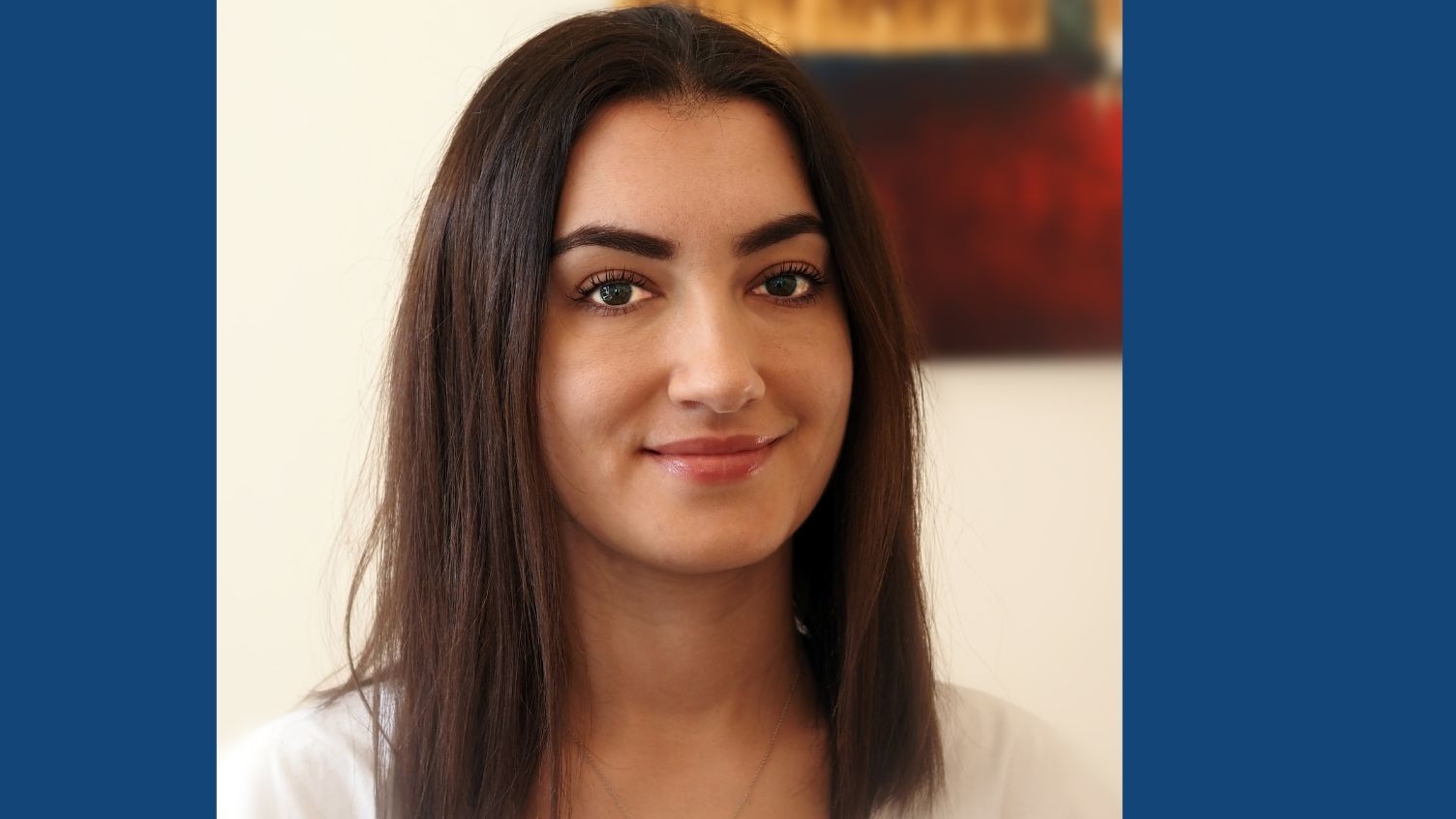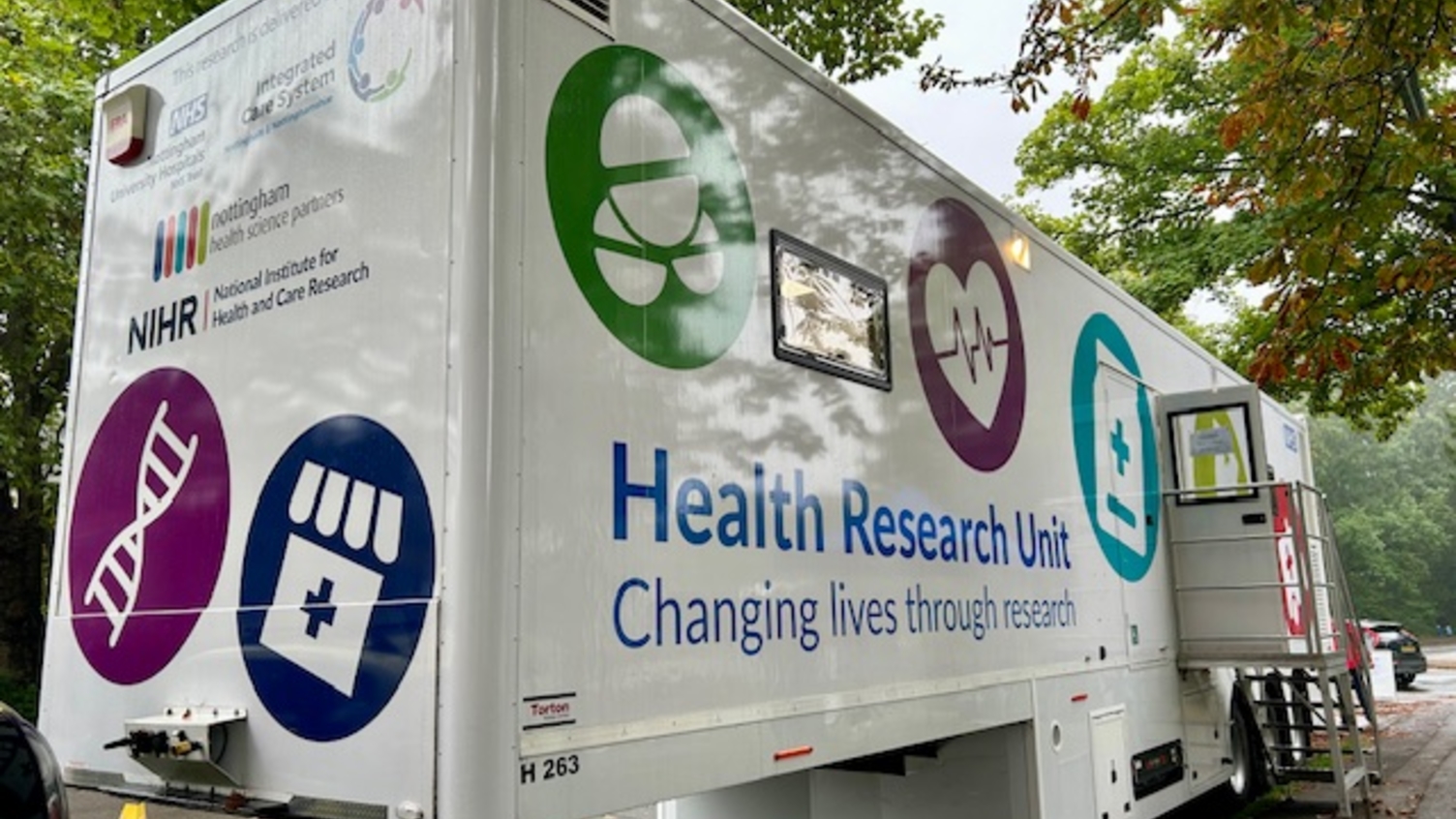Building a research-active practice - the success story of a GP surgery
- 06 November 2024
- 4 min read
Dr Mark Thomas, a GP in Wiltshire, shares his journey of leading his GP surgery in research, achieving remarkable success in just a few months.
Dr Mark Thomas is a GP partner at Southbroom Surgery in Devizes, Wiltshire. Earlier this year he began setting up the surgery to become research-active. In less than 6 months they have set up 8 studies and recruited participants at a rapid rate, in some cases being the 3rd and 5th highest recruiting site in the UK.
Getting started in research
Having been a GP for 16 years, Mark had wanted to do research for a long time. “I felt that I would enjoy it and that it was the right thing to do because we don't progress without research.” It had been a long term ambition of the surgery and by recruiting more GPs, Mark had dedicated time to focus on research. “I’m grateful for the supportive GP partnership at the surgery who are always looking to get involved in new things for the benefit of our patients and also for the benefit of us as a business.”
“I want to give our patients a diverse range of research opportunities to get involved with. If a study comes up, I just take it on no matter how difficult I think it's going to be. As well as increasing the benefits for patients, I want the surgery to perform well and hit the top level of baseline funding next year.”
Keys to success
Mark’s can-do attitude is one of the many contributing factors to the surgery’s success. “Having time to do it is important. Aside from that, it's the same as with anything - if you work hard you get the rewards. There's no magic formula. You have to put the work in and see how studies might be feasible.”
Research is certainly not something that can be done alone. Mark’s ability to collaborate with others and his willingness to ask for help has undoubtedly propelled his success, despite this being his first experience of leading research. “When we first started, I met with colleagues who were from high achieving research practices and tried to tap into anything that they found useful.”
“Now I have an administrative assistant who helps with searches for studies. I also email the NIHR Research Delivery Network Agile Research Delivery Team (ARDT) a lot and they are super helpful. I also enlisted some help from the ARDT for a blood pressure study called OPTIMISE 2. After I finished the consenting process, the research nurse from the ARDT would take the participant through the rest of the study. The impact of this was massive as it allowed me to use my time on other research tasks.”
Embedding research into culture
Mark and his team found the patients to be very responsive to the surgery being research active. At the outset, every patient was sent a text message letting them know that the surgery was starting to get involved in research and that they would receive invitations to participate in studies. “I’ve put a lot of time and effort into communicating to patients. Alongside sending text messages which explain the trials, we've got a dedicated research section of the Southbroom Surgery website and our trials are shown on the waiting room screens. Our patients have responded really well and we haven't struggled with recruitment at all.”
“I also try to make it as easy as possible for clinicians to recruit to studies. For each trial, I set up a text message which has a patient information leaflet attached. This can be sent to patients after the clinician explains that they are eligible. Patients can respond directly to that message if they’re interested in taking part and I then get back to them. So it only takes about 30 seconds of the clinician’s time and then I take over the rest of it.” Additionally, Mark updates the staff at clinical meetings about upcoming and existing studies and regularly updates the staff at reception too.
Future of research at Southbroom
Mark is determined to continue trailblazing and integrating research into the surgery’s practice. “I'm applying for commercial studies which are more financially rewarding. Once the cash flow improves we can grow the team, increasing our research capacity and potential positive impact on patient care and staff satisfaction.”
Advice for aspiring researchers
“My advice if you’re a GP or a primary care site considering delivering research is that to become successful at research and to benefit the patients the most, you need support and time. Time is hard to find in the current landscape but it is worth fighting for. Aside from the benefits to you and your patients, how do we progress without research? So go for it. The studies are there, the support is there from the ARDT so just go ahead.”
The NIHR Research Delivery Network is committed to enabling more people to access health and social care research where they live. Find out more about the support we offer for wider care settings.


